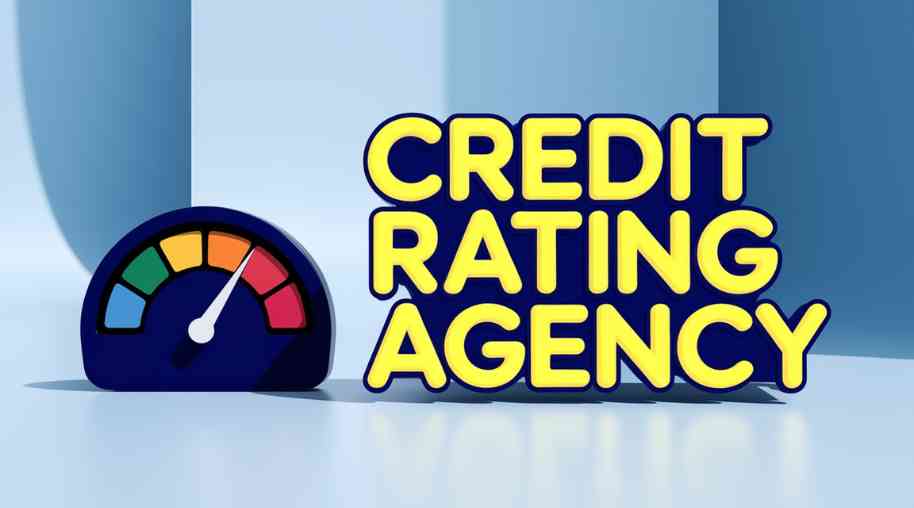OTS Full Form-One Time Settlement
by Shashi Gaherwar
0 1012
One Time Settlement (OTS): A Guide to Debt Resolution for Borrowers
Introduction
In the financial sector, loan defaults can have serious consequences for both borrowers and lenders. To mitigate this, banks and financial institutions offer a solution called One Time Settlement (OTS). This scheme allows borrowers who are unable to repay their loans to settle outstanding dues by paying a mutually agreed lump sum amount—typically less than the total loan owed.

OTS is a key mechanism used to resolve Non-Performing Assets (NPAs) and reduce the burden of bad loans in the banking system. This guide explores the meaning, features, process, benefits, challenges, and impact of OTS on borrowers and financial institutions.
What is One Time Settlement (OTS)?
A One Time Settlement is an agreement between a borrower and a lender (bank or financial institution) to resolve an unpaid loan by paying a one-time, negotiated amount. This amount is generally lower than the full outstanding balance and is determined by evaluating the borrower’s financial condition and the bank’s recovery policies.
OTS is primarily extended to borrowers whose accounts are classified as Non-Performing Assets (NPAs), typically due to missed payments over a 90-day period or more.
Key Features of OTS
• Applicable to NPAs: OTS targets loans that have been declared as non-performing assets.
• Mutually Agreed Settlement: The borrower and lender negotiate the final amount.
• Time-Bound Process: The borrower must fulfill the payment within a specific time frame.
• Waiver on Interest and Penalties: Lenders may reduce or waive off accumulated interest and penalties.
• Regulatory Oversight: Large settlements may need approval from higher authorities or regulatory bodies like the RBI.
Objectives of OTS
OTS serves multiple purposes:
• Reduces NPAs: Helps banks recover a portion of the dues and clean their balance sheets.
• Relief for Borrowers: Offers distressed borrowers a chance to avoid litigation and settle loans affordably.
• Faster Recovery for Banks: Enables quicker recovery compared to court proceedings.
• Promotes Financial Discipline: Encourages borrowers to take corrective actions and rebuild creditworthiness.
Eligibility for One Time Settlement
Eligibility may vary by institution, but typically includes:
• Borrowers whose loans are classified as NPAs.
• Individuals or businesses in genuine financial distress with some repayment capability.
• Accounts where legal recovery is likely to be delayed or costly.
OTS Process: How It Works
1. Identification of NPA Accounts
The bank identifies eligible default accounts and evaluates the borrower's financial capacity.
2. Proposal and Negotiation
The borrower submits an application requesting a settlement. The bank reviews it and negotiates terms, considering factors like collateral, past payments, and financial viability.
3. Approval and Agreement
The bank’s committee or relevant authority approves the proposal. Both parties sign an agreement detailing the settlement amount, payment deadline, and any waivers.
4. Payment and Closure
The borrower pays the agreed sum within the given timeframe. The account is then marked as “settled” rather than “closed” or “fully paid.”
5. Credit Score Impact
The settlement is reported to credit bureaus, which can affect the borrower's credit score and future loan eligibility.
Benefits of One Time Settlement
For Borrowers:
• Debt Relief: Settles dues at a lower cost.
• Avoids Legal Proceedings: Prevents lengthy court processes.
• Rebuilds Credit Stability: Offers a fresh start for financial rehabilitation.
For Banks:
• Quick Recovery: Accelerates the collection of overdue loans.
• Cost-Effective: Saves time and resources spent on litigation.
• Enhances Liquidity: Recovered funds can be reused for new lending.
Challenges of One Time Settlement
• Credit Score Impact: Settled accounts negatively affect credit ratings, unlike fully repaid loans.
• Moral Hazard: Borrowers might default intentionally in hopes of securing an OTS.
• Loss of Revenue: Banks often recover less than the full loan amount.
• Regulatory Delays: Larger settlements may require RBI scrutiny, delaying the process.
RBI Guidelines on OTS
The Reserve Bank of India (RBI) sets clear guidelines to ensure transparency and fairness in OTS programs. Banks must:
• Offer settlements only in genuine cases of distress.
• Conduct thorough assessments of collateral value.
• Maintain transparent documentation and allow audit oversight.
• Educate borrowers on the credit score consequences of opting for OTS.
OTS vs. Loan Restructuring
While both OTS and loan restructuring are debt resolution mechanisms, they function differently. One Time Settlement (OTS) is designed to close a loan account with a reduced lump sum payment and is typically offered to defaulting borrowers. Once paid, the account is marked as “settled,” which may negatively impact the borrower’s credit score. In contrast, Loan Restructuring involves modifying the loan’s repayment terms—such as extending tenure or lowering interest rates—without closing the account. If the borrower continues payments on time, the impact on their credit score is usually less severe. Both options may require regulatory approval, especially in large or sensitive cases.
One Time Settlement is a valuable financial tool that provides a structured path for borrowers facing distress to resolve debts while helping banks reduce non-performing assets. Although it comes with drawbacks—especially in terms of credit rating—it can offer much-needed relief and financial clarity when managed responsibly.
Borrowers should carefully evaluate their financial situation, seek professional advice if needed, and consider all options—including loan restructuring—before committing to an OTS. When used judiciously, OTS can restore financial health for borrowers and operational stability for lenders alike.

Share:








Comments
Waiting for your comments